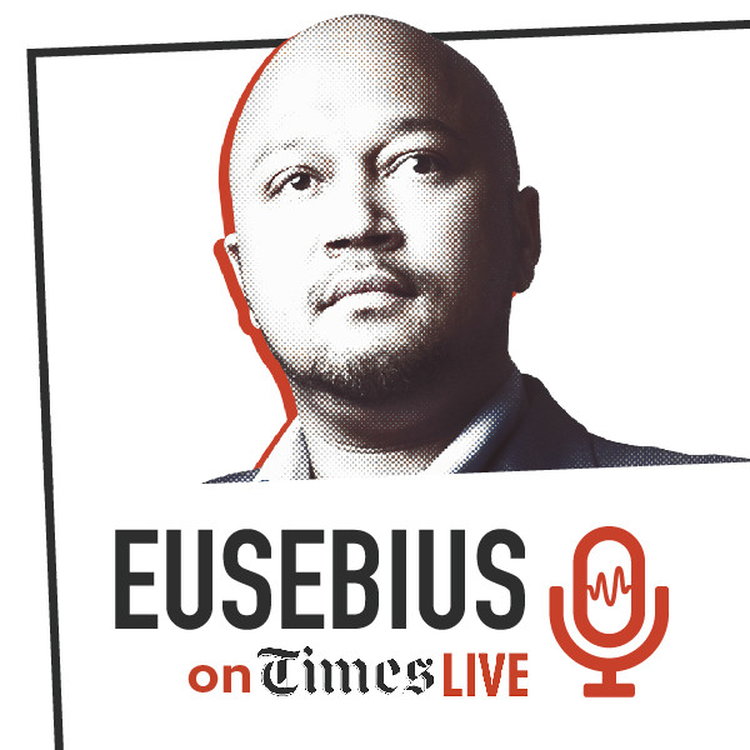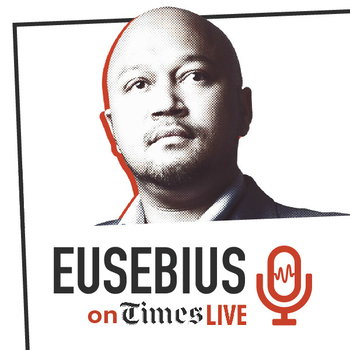
#QueerSONA - Queer community demands Ramaphosa’s ear
Loading player...
Nolwazi Tusini, from Iranti (a media advocacy organisation defending the rights of lesbian, intersex and transgender persons in Africa), joined Eusebius McKaiser on his TimesLIVE podcast to explain their #QueerSONA campaign.
Tusini started off by explaining the particular forms of violence, oppression, and marginalisation sexual minorities experience in South Africa, despite the foundational values of the constitution. She urged society to take seriously the gap between the vision of a just society and realities to the contrary.
Tusini and McKaiser puzzled through the bittersweet fact that, while queer people in South Africa have a lot to be grateful for, such as landmark legal cases and progressive jurisprudence that has evolved since 1996, there are still many inequalities within the queer community that mean these wins are not evenly distributed and enjoyed equitably.
When asked by McKaiser to be precise about what practical outcomes she wanted the president and his government to aim for, Tusini focused on two examples.
First, she explained why hate crimes legislation is important and, second, why more efficient administrative processes need to be in place for gender non-conforming persons to access services in a dignified manner, with state-issued documentation that reflects their true identities, rather than identities assigned at birth.
While McKaiser pushed Tusini on whether the law can be effective in changing the behaviour of people in communities or officials at home affairs, they agreed that legal and administrative reforms are necessary even if not sufficient.
The conversation ended with a reflection between the podcast host and his guest on active democratic citizenship from queer South Africans, and on why it is important, even if the gains are not always quick or linear.
Produced by Bulelani Nonyukela.
Tusini started off by explaining the particular forms of violence, oppression, and marginalisation sexual minorities experience in South Africa, despite the foundational values of the constitution. She urged society to take seriously the gap between the vision of a just society and realities to the contrary.
Tusini and McKaiser puzzled through the bittersweet fact that, while queer people in South Africa have a lot to be grateful for, such as landmark legal cases and progressive jurisprudence that has evolved since 1996, there are still many inequalities within the queer community that mean these wins are not evenly distributed and enjoyed equitably.
When asked by McKaiser to be precise about what practical outcomes she wanted the president and his government to aim for, Tusini focused on two examples.
First, she explained why hate crimes legislation is important and, second, why more efficient administrative processes need to be in place for gender non-conforming persons to access services in a dignified manner, with state-issued documentation that reflects their true identities, rather than identities assigned at birth.
While McKaiser pushed Tusini on whether the law can be effective in changing the behaviour of people in communities or officials at home affairs, they agreed that legal and administrative reforms are necessary even if not sufficient.
The conversation ended with a reflection between the podcast host and his guest on active democratic citizenship from queer South Africans, and on why it is important, even if the gains are not always quick or linear.
Produced by Bulelani Nonyukela.

